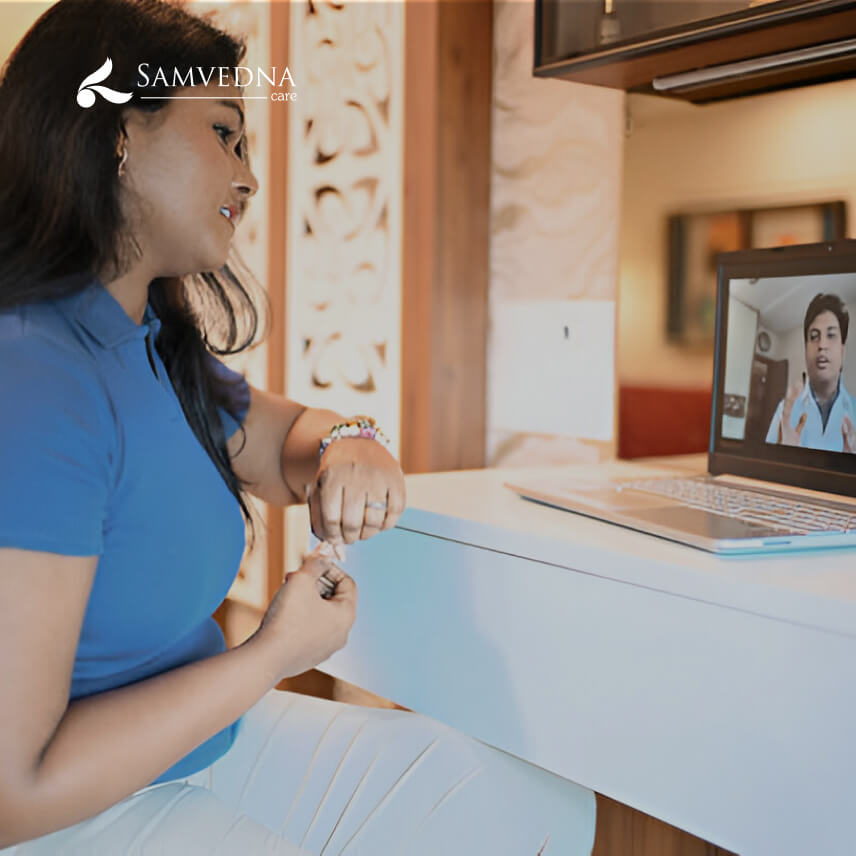It’s a curious contradiction of our age. Never before have we been so wired together—phones buzzing with notifications, video calls happening across continents, friends available at the tap of a screen. Yet many quietly admit, “I still feel alone.” It’s not the absence of contact; it’s the absence of closeness.
This hidden loneliness is something people rarely talk about, even with family. And yet it affects work, relationships, even physical health. That’s where mental health counselling online quietly steps in. It doesn’t shout for attention, but it offers exactly what’s missing—a safe human conversation when you feel like you’re drowning in noise.
Loneliness Isn’t Always Obvious
You don’t have to live alone to feel lonely. A man in a crowded metro can feel it just as much as a woman scrolling through her phone at night. I once heard a colleague describe it perfectly: “I’m always in touch with people, but nobody really knows me.” That’s the kind of ache many carry.
Take the example of a young professional who moved cities for work. Surrounded by people in the office all day, but dinner every night is silent. Or the caregiver who spends her energy tending to an unwell parent—her own emotions put on the shelf. Or the student who jokes with friends in class but lies awake at night panicked about the future.
These stories aren’t rare. They are happening everywhere, quietly. And often, people don’t reach out because they don’t know who will listen. Mental Health Counselling Online offers that lifeline.
Why Talking Online Works
Skeptics often ask: “How can speaking to someone on a screen help?” But anyone who’s tried it knows—it isn’t about the medium, it’s about the person on the other side.
At home, sitting in your own chair, maybe a mug of tea nearby, you feel less guarded. Pets asleep in the corner, familiar walls around you—suddenly, sharing your thoughts doesn’t feel so intimidating. Some people even say that the screen gives them just enough distance to feel safer.
That’s why platforms like Samvedna Care put effort into making online sessions feel personal and warm. It’s not just therapy squeezed into a video call. It’s about building trust, whether through video, audio, or even messages.
The Small Ways Online Counselling Bridges Gaps
- It helps in ways you may not notice at first:
- It removes distance. No bus rides or traffic jams, just a call when you’re ready.
- It gives privacy. If you’re worried about neighbors seeing you walk into a clinic, you can talk from home.
- It adapts to you. Some open up better face-to-face, some prefer voice only, others type their thoughts. Online counselling bends to fit.
- It continues, no matter what. If you move cities or travel, your counsellor is still a click away.
- It widens your choices. You don’t have to settle for whoever’s nearby. You can seek someone who matches your needs.
That’s why many say Mental Health Counselling Online doesn’t replace in-person therapy, but complements it. It builds a bridge across hesitation, fear, and geography.
Who Finds It Helpful
It could be the college student carrying anxiety silently. The mid-career professional juggling deadlines and family worries. The single parent stretched to breaking point. Or the caregiver who gives everything to others but has no one to lean on.
For them, online counseling isn’t about slick apps or cool features. It’s about being heard. Really heard. Sometimes, just saying “I’m not okay” and having someone gently say, “I get it,” is enough to make things feel a bit lighter.
Why Samvedna Care Matters
Plenty of services now offer online therapy. But what makes Samvedna Care different is the human touch. Counsellors here are trained, yes—but more importantly, they listen. They notice pauses, they catch what isn’t being said, and they meet people where they are.
These sessions cover all kinds of stuff—personal stress, family issues, burnout from caregiving, or just trying to live better. It’s not just about solving problems. It’s about helping people feel okay in their everyday lives. And everything stays private. That’s what makes it easier for folks to speak up.
The First Step Is the Hardest
Most people hesitate before starting. They wonder: Will this work for me? Will I even know what to say? That hesitation is normal. But once the first session happens, it rarely feels as awkward as expected.
A few things can make it easier:
- Find a quiet corner where you won’t be disturbed.
- Pick a format you’re comfortable with—video, voice, or text.
- Don’t expect miracles overnight; consistency matters more.
- Speak as you are. Counsellors don’t need polished sentences; they need your truth.
Closing the Gap
“Lonely but connected” could easily be the motto of our times. Surrounded by screens, yet starved for real understanding. Online counselling can’t erase every hardship, but it can soften the edges. It turns a cold connection into something warm and human.
Mental Health Counselling Online is proof that technology, when guided with care, doesn’t isolate us—it reconnects us. And with the right support, no one has to face their silence alone.

 +91 74280 97301
+91 74280 97301




